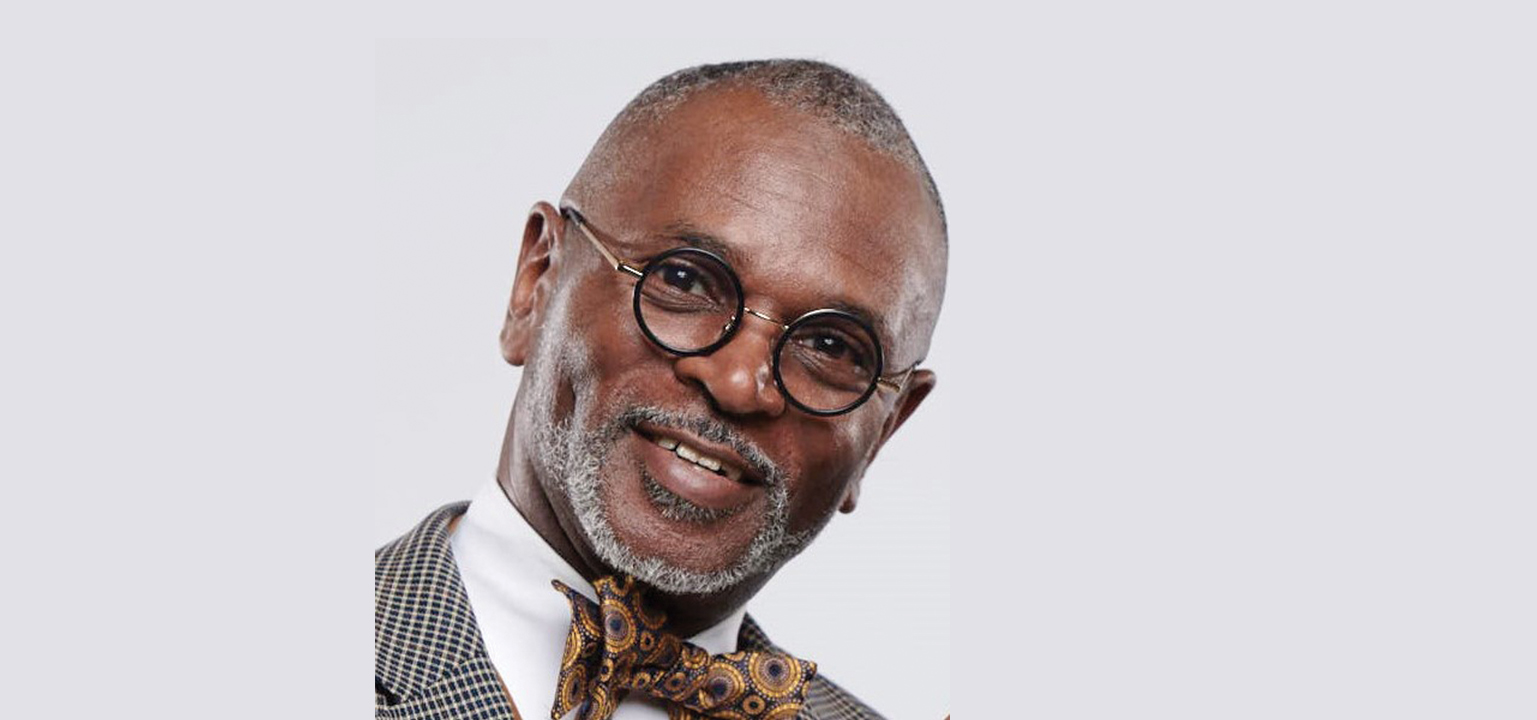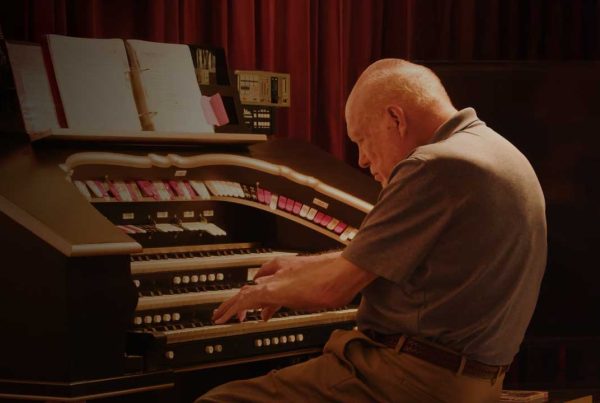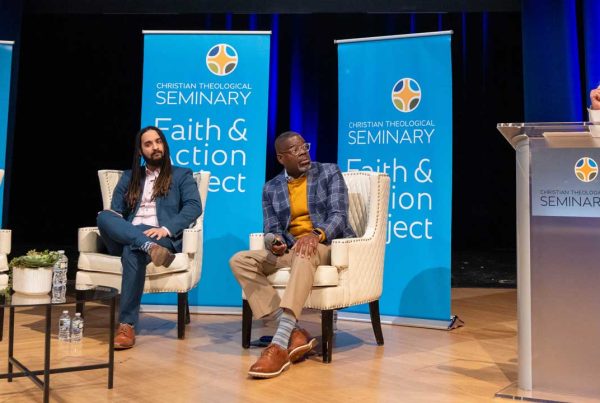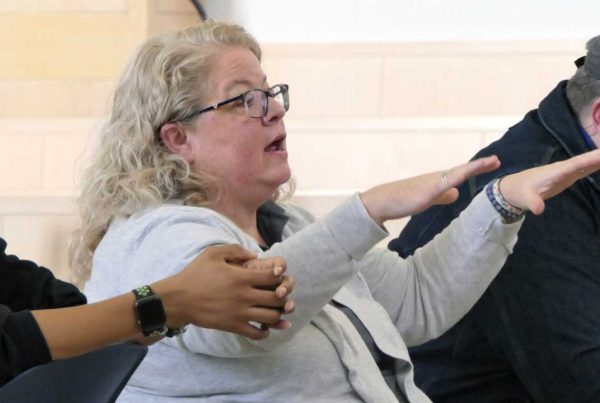Written by guest columnist Lindsey Nell Rabinowitch, Director of Faith & Action Project.
The Bible doesn’t mention the phrase “mental health,” but the Rev. Dr. Reginald B. Fletcher, pastor of Living Word Baptist Church, sees it addressed throughout Scripture.
For example, in a recent conversation he explained how he had used Nehemiah 4 as a platform for preaching on disappointment and despair. In that chapter, the builders of the walls of Jerusalem had become discouraged by their weariness and challenges. Had the builders reflected instead on their progress and practiced gratitude, Pastor Fletcher told his congregation, they would have made greater strides toward perseverance.
I reached out to Pastor Fletcher in my ongoing effort to connect with faith leaders to understand the context of the neighborhoods where they serve and how they are implementing efforts to mitigate poverty. With a church in the 46218 zip code, a high-poverty area, Pastor Fletcher said he appreciates the best practices and real-time information he has gained at Faith & Action events. He shared that the 2022 Spring Conference focused on mental health particularly resonated with him as he and his congregation discussed the stigma of mental health challenges through a sermon series.
To take on such sermons – or, really, any sermons – Pastor Fletcher said, requires preaching with compassion and recognizing our own brokenness. He quoted author Henri Nouwen who said in Wounded Healer: Ministry in Contemporary Society, “When we become aware that we do not have to escape our pains, but that we can mobilize them into a common search for life, those very pains are transformed from expressions of despair into signs of hope… In short: ‘Who can take away suffering without entering it?’” It is through an understanding of our own fragility and that of the church that we will connect with those we are ministering to and caring for.
For Pastor Fletcher, this means revisiting traumas he has healed from as a way to connect with those who struggle now. This allows him to speak from personal experience and encourage individuals to press on and deal with their traumas rather than run from them, he said, echoing what Linda Williams, Program Director at NAMI (National Alliance on Mental Illness), told attendees at the Faith & Action Spring Conference. Because the organization believes so powerfully that each of us can help reduce stigma by telling our own story, NAMI trains people to tell their story effectively. (For more take-aways from the spring conference, click here.)
Pastor Fletcher also points to the Book of Mark for an image that guides him and his team. Just as the woman in Mark 5 who sought healing for her condition of bleeding had the faith and hope to “press on” through the crowd to touch the cloak of Jesus, we must encourage others to “press on,” he said, meeting them where they are and helping them remove barriers to healing.
This idea is central to his team’s dedication to mentoring individuals to a place of wholeness. “If we can assist in the process of helping individuals grab ahold of the spiritual identity God has given them and remove barriers so they can set personal goals, they will have taken important steps to stability,” Pastor Fletcher said. “We can walk alongside them, tell them we believe in them and that the Holy Spirit will guide them, but ultimately, they have to decide if they want to move away from a poverty mindset and focus on what they do have, rather than what they don’t.”
Pastor Fletcher believes this takes us to a key point. If we as a faith community want to engage in lasting change, we must build relationships. When working with neighbors in poverty, he reminds his team, it will be relationships that turn lives around. We must connect in order to help correct.
Pastor Fletcher wrapped up our chat by referencing the Acts 3 story about the lame man who spent his days begging at the temple. Friends would bring him to the temple gates daily, but he never went into the temple to receive his blessing. When Peter saw the man, he not only healed him, but he also bridged the gap between them by taking the man’s hand and walking with him into the temple courts. In that story, Pastor Fletcher said, we find a challenge: How will we – as individuals, churches, community organizations, agencies, and governments – fill the gap, be a blessing, and walk alongside someone facing poverty?
The answer, it seems, is to start with compassion, draw on our own pain to identify with and encourage our neighbors, and build real relationships … just as the Scriptures say.






